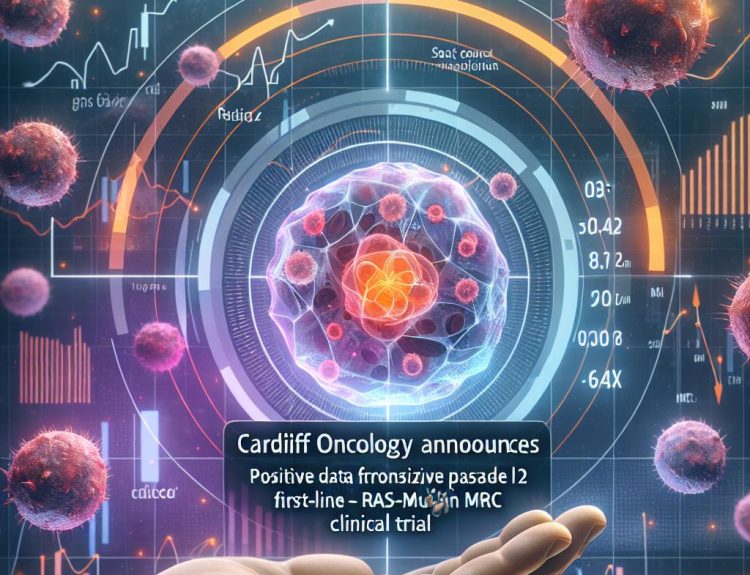Rezolute reported fiscal 2025 results alongside two pivotal clinical inflection points for its lead asset, ersodetug: completion of enrollment in SUNRIZE, a registrational Phase 3 in congenital hyperinsulinism with topline data expected in December 2025, and FDA alignment to streamline UPLIFT, the Phase 3 program in tumor-induced hyperinsulinism, to a single-arm open-label design with as few as 16 participants and topline data targeted for the second half of 2026. The company also strengthened its go-to-market bench, appointing a chief commercial officer with ultra-rare launch experience, and closed the fiscal year with $167.9 million in cash, cash equivalents, and marketable securities.
The strategic swing is clear: Rezolute is attempting to build a single antibody into a franchise across two forms of hyperinsulinism by targeting the insulin receptor downstream of the pancreas. If successful, the program could reset standards of care long anchored in diazoxide, somatostatin analogs, and surgical pancreatectomy for congenital disease, and largely supportive care for tumor HI. The editorial question is whether a concentrated evidence package—one randomized registrational study in congenital HI plus a small, single-arm dataset in tumor HI—will be sufficient not just for regulatory decisions but also for payer acceptance, particularly for a therapy that could command ultra-rare pricing across heterogeneous patient populations.
Timing matters. SUNRIZE enrolled 62 patients—exceeding plan—with a clinically burdened baseline profile indicative of substantial unmet need, including frequent weekly hypoglycemia events and meaningful time below range despite standard of care. Positive topline data could quickly reframe clinical algorithms for pediatric endocrinologists who face the trade-off between aggressive pharmacology and irreversible surgery. In tumor HI, where IGF-2–secreting neoplasms drive severe, often refractory hypoglycemia, the FDA’s willingness to accept a truncated, open-label design acknowledges real-world recruitment constraints and the gravity of the condition. For hospital systems and oncology practices that shoulder recurrent admissions and dextrose infusions, a targeted outpatient therapy would be commercially compelling if it demonstrably reduces acute resource utilization.
For payers, the pathway will hinge on endpoints that translate into avoided admissions, reduced need for central lines and continuous feeds, and fewer surgical interventions. That places a premium on real-world evidence and longitudinal health economic analyses immediately post-approval. Medical Affairs will need to operationalize consistent definitions for hypoglycemia events, time in range, and rescue interventions across age ranges, and to equip centers with protocols for initiating and titrating a novel anti-insulin receptor therapy. The company’s commercial hire suggests an appreciation of the access complexity in ultra-rare endocrine disorders, where center-of-excellence activation and early outcomes tracking often determine first-year trajectory.
This update also mirrors broader currents in the sector. Regulators continue to show flexibility in ultra-rare settings, opening doors for focused, mechanism-driven programs to reach market on abbreviated datasets when the biology and clinical need align. On the financing side, Rezolute’s cash position provides a runway through critical readouts, a posture that has become a prerequisite for small-cap biotechs in a market that rewards late-stage clarity over early optionality. With few late-stage competitors in congenital or tumor HI, positive results could catalyze partnering or acquisition interest from rare disease portfolios seeking durable, specialty prescriber franchises.
What to watch next is not only whether SUNRIZE clears its efficacy and safety bar, but whether effect sizes are compelling enough to anchor pricing and guideline inclusion out of the gate. If the congenital program reads out strongly and the tumor HI study maintains regulatory momentum, Rezolute may find itself deciding between a focused U.S. launch with selective ex-U.S. partnerships or a broader strategic transaction. The decisive factor will be simple: can Ersodetug convert mechanistic elegance into hard reductions in hypoglycemic burden that payers, providers, and families can measure within the first months of treatment?
Jon Napitupulu is Director of Media Relations at The Clinical Trial Vanguard. Jon, a computer data scientist, focuses on the latest clinical trial industry news and trends.







